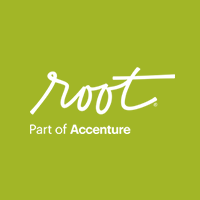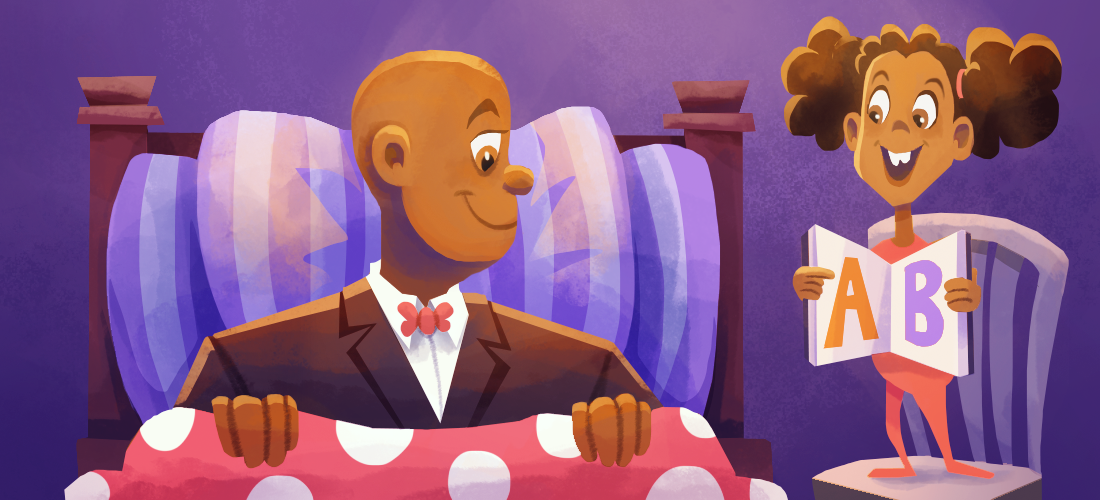“What did you do today that made you feel stupid?” is a question I was recently asked. I paused, taken aback and puzzled by the phrasing and intent of the question. Then it hit me. I wasn’t being asked to share a recent autocorrect faux pas or some awkward exchange (which was good, because I definitely tell those stories better over a beer). The question was about growth. My growth – and what I was doing about it.
This got me thinking about the path I’ve long been on. More than 20 years have passed since I joined the workforce, fresh out of college and unsure exactly what I would contribute. In my early years I remember feeling awestruck at the enormity of what I had to learn. I believed that if I listened, observed, and kept raising my hand to be a part of things, ultimately I would become an expert in my field.
Yet, the more experience I gained and the more knowledge I amassed, the more I learned the real truth about being an expert. It’s not a destination or a level that you eventually reach. In fact, being a true expert means you are perpetually learning. You constantly uncover new questions, new facets of what you thought you knew, new data, and new curiosities to explore. And in that sense, you never stop feeling like a beginner. And you know what? That’s okay. In fact, it’s an absolute strength in the world in which we live and work today.
What does this look like exactly?
It’s the HR executive who seeks out recent college grads to learn about how the company can do a better job on campus attracting talent.
It’s the IT executive who understands the code they learned to write however many years ago isn’t what’s going to power the tech that will make their company cutting-edge today.
It’s the CEO who has given hundreds of speeches, who finds inspiration to hone their storytelling from the book they read their son at night.
It’s the confidence and humility to push past what you know to sit in curiosity of what you don’t.
The Times They Are a-Changin’
In today’s world, organizations need to recalibrate or even reinvent themselves at a dizzying pace to survive and thrive. In fact, Mercer’s 2019 Global Talent Trends study revealed that 73% of executives surveyed predict significant industry disruption in the next three years, a statistic that was just 26% in 2018. What does this mean for individuals in those organizations? It means that each of us must continue to grow at a rate that keeps up with the pace of change in the business. We must recalibrate and reinvent ourselves as well. We must be open to developing new and different skills that serve us and the business better today. It means that even the experts among us need to embrace their inner beginner. A beginner mindset is essential to keep up with the change that’s happening all around us.
Learning to Learn
We talk a lot about competencies associated with a specific job role. Yet, we’re heading into an era where those competencies and skills will need to shift and reshape at an alarming pace. As traditional job roles are reinvented with the acceleration of new technology, new market trends, and new business needs, the most critical skill of all may just be the skill of learning. And those who will thrive will do so with a beginner mindset, not an expert one.
How are you being intentional about learning? What routines or practices can you share to help others succeed at the skill of learning?









